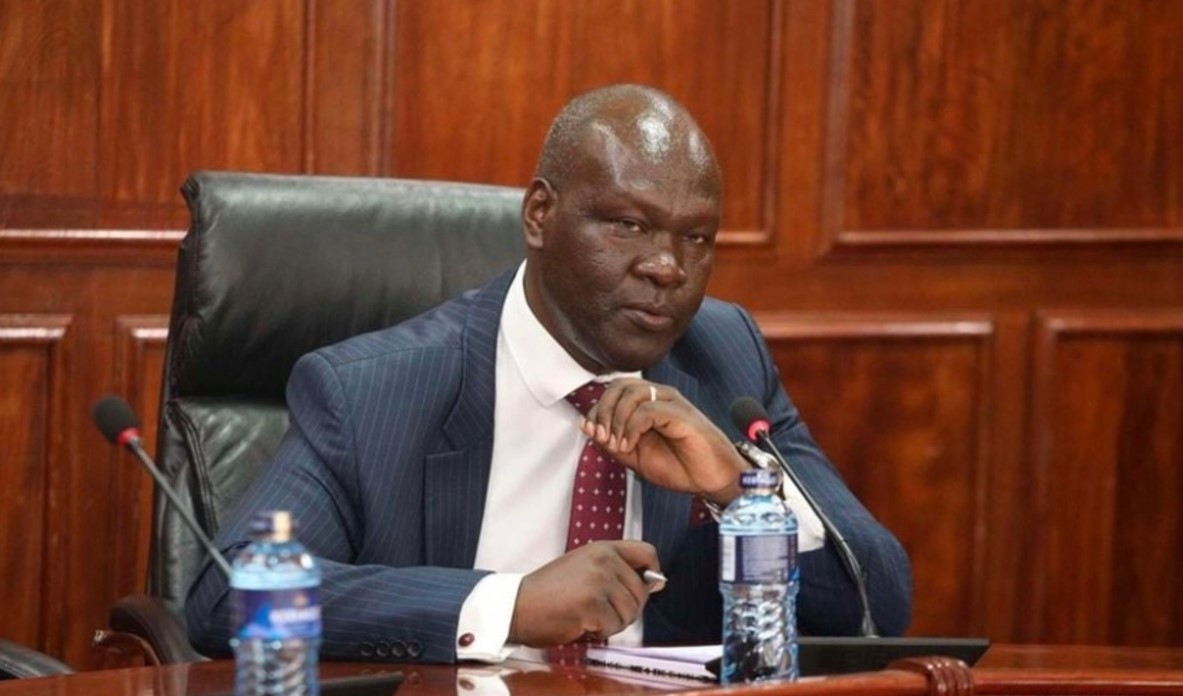Relief in sight as SRC plans salary review for public workers

The fourth remuneration review cycle, according to the SRC, is already underway and is expected to provide solutions that will ensure compliance with the one-third rule
Civil servants could soon receive a pay adjustment after the Salaries and Remuneration Commission (SRC) confirmed plans to review their earnings, in a move aimed at easing the financial strain caused by heavy deductions from their monthly pay slips.
Appearing before the Public Accounts Committee (PAC) of the National Assembly on Thursday, SRC Chairperson Sammy Chepkwony said the review is part of efforts to address non-compliance with the one-third basic pay rule, which is anchored in the Employment Act.
The law requires that all deductions from a worker’s salary must not leave them with less than one-third of their basic pay as take-home.
“Compliance with the one-third basic pay rule is a priority and actively with us. We aim to correct this in the fourth remuneration review cycle, which is already in the works,” Chepkwony told lawmakers.
His remarks came as the PAC, which is chaired by nominated MP John Mbadi, questioned the SRC on what steps were being taken to protect civil servants whose take-home pay has continued to drop below legal limits due to additional tax obligations.
This followed a report by Auditor-General Nancy Gathungu, which flagged repeated violations of the one-third rule across government institutions.
The SRC boss admitted that audits have repeatedly shown many public employers are breaching Section 19(3) of the Employment Act, 2012, which limits deductions to no more than two-thirds of a worker’s total pay.
Section C.1 (3) of the Public Service Commission (PSC) Human Resource Policies of 2016 also restates this rule. However, most government agencies have failed to provide explanations for flouting the law and policy.
Civil servants have seen their payslips eroded even further by recent laws passed to support new government initiatives.
These include the Affordable Housing Act and the Social Health Insurance Act (SHIA), which created the Social Health Insurance Fund (SHIF).
The Affordable Housing Levy, which came into effect on March 21, 2024, requires both the employee and employer to each contribute 1.5 per cent of the employee’s gross monthly salary.
Meanwhile, the SHIF, which officially replaced the National Health Insurance Fund (NHIF) on October 1, 2024, introduced mandatory deductions of 2.75 per cent of gross income, with a minimum contribution of Sh300 per month.
The PAC expressed concern that these deductions have pushed many public workers into financial difficulty, leaving them with little disposable income despite remaining formally employed.
Committee members Marianne Kitany (Aldai) and Nabii Nabwera (Lugari) criticised the SRC for what they termed as inaction, even as civil servants continue to suffer under the weight of excessive payroll deductions.
They questioned why the commission had not acted sooner, despite the clear legal guidelines and repeated audit warnings.
Chepkwony assured the lawmakers that the issue was being taken seriously and would be addressed through the ongoing remuneration review cycle.
The fourth remuneration review cycle, according to the SRC, is already underway and is expected to provide solutions that will ensure compliance with the one-third rule while helping government workers recover from the financial impact of recent tax policies.
